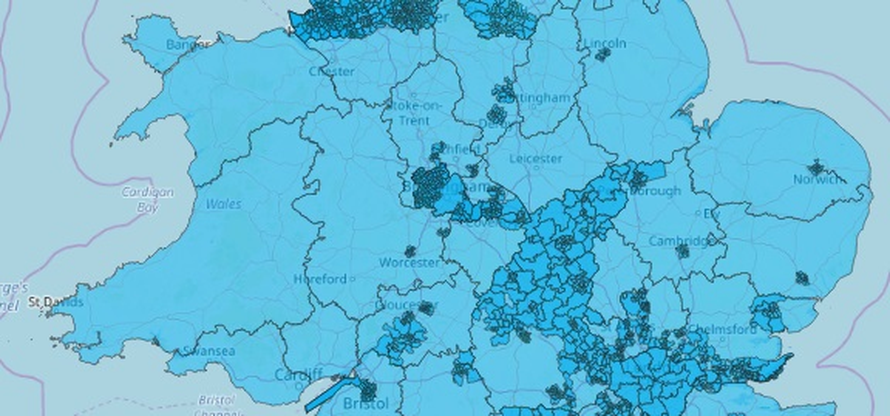2,703 Future Councillors

It’s a boundary map bonanza!
🗳 2,703 Future Councillors 🗳
If you want to understand the May local elections, the first thing you need to know is how many seats are involved, and where they all are. This information isn’t exactly straightforward to come by. It’s not made available by any public body or other organisation that we’re aware of; we’re not even sure it’s collected within government at all. If you want to compile it yourself, you’ve got to trawl through the relevant legislation for every council holding an election, which this year comes to 118 councils.
Last week we received the final piece of the jigsaw, when the Pendle (Electoral Changes) Order 2020 came into law. Maybe you missed it on account of all the other news about at the moment.
Consequently, we can now say that on 7 May this year, 2,703 councillors are scheduled to be elected, representing 2,102 wards across 118 English councils.
You can see information on individual wards at our elections site. (Please note: the final election tally will be a little different to the numbers quoted above, on account of uncontested/cancelled polls, and additional by-elections.)
The inclusion of Pendle also means we now have all areas added to our candidates database for 7 May. We’ll be sending out more calls to action for our crowdsourcing volunteers shortly!
So where are all these wards? Here’s a lovely map:

These council elections will happen alongside:
-
Eight Local/Combined Authority mayors (England)
-
Twenty-Five members of the Greater London Assembly
-
Forty Police and Crime Commissioners (England and Wales)
This gives us (if my maths is correct), 2,776 representatives elected on 7 May, with everyone in England and Wales having something to vote for.
Here’s another map of all these elections plotted on top of one-another:

Isn’t it exciting?
Isn’t it a shame that we had to do it ourselves? Having this information published in a systematic way by the government would be a great starting point for improving the UK’s democratic infrastructure.
📺 Joe chats to some Lords 📺
This salutary lesson in UK democracy takes us nicely to the House of Lords.
On Tuesday, Joe gave evidence to the Lords Committee on Democracy and Digital Technologies, alongside Peter Baeck (Nesta), Alan Renwick (UCL) and Cristina Leston-Bandeira (University of Leeds).
Joe talked about exactly the issues raised in the first half of this blog - the problems posed by a system in which elections are organised by individual councils, and lacking standardised procedures/formats for publishing the resulting data.
You can watch the entire panel here, or see a shorter clip of Joe’s key points here.
What else is new?
We’re excited to say we’ve been selected as one of Nesta’s 2020 ‘Democracy Pioneers’: see the full list here. More on that in a future blog, but for now we’re looking forward to working alongside so many other amazing organisations.
We’ve now collected polling station data from a quarter of councils with elections in May. Will we make it to 100%? Watch this space…
We should probably also address the news: the ongoing coronavirus pandemic obviously has the potential to affect the 7 May elections. We don’t have anything particularly insightful to add to the subject, but you can read an excellent summary of the areas for concern in this letter from our friends at the Association of Electoral Administrators (PDF).
Forward!
All maps ©OpenStreetMap contributors